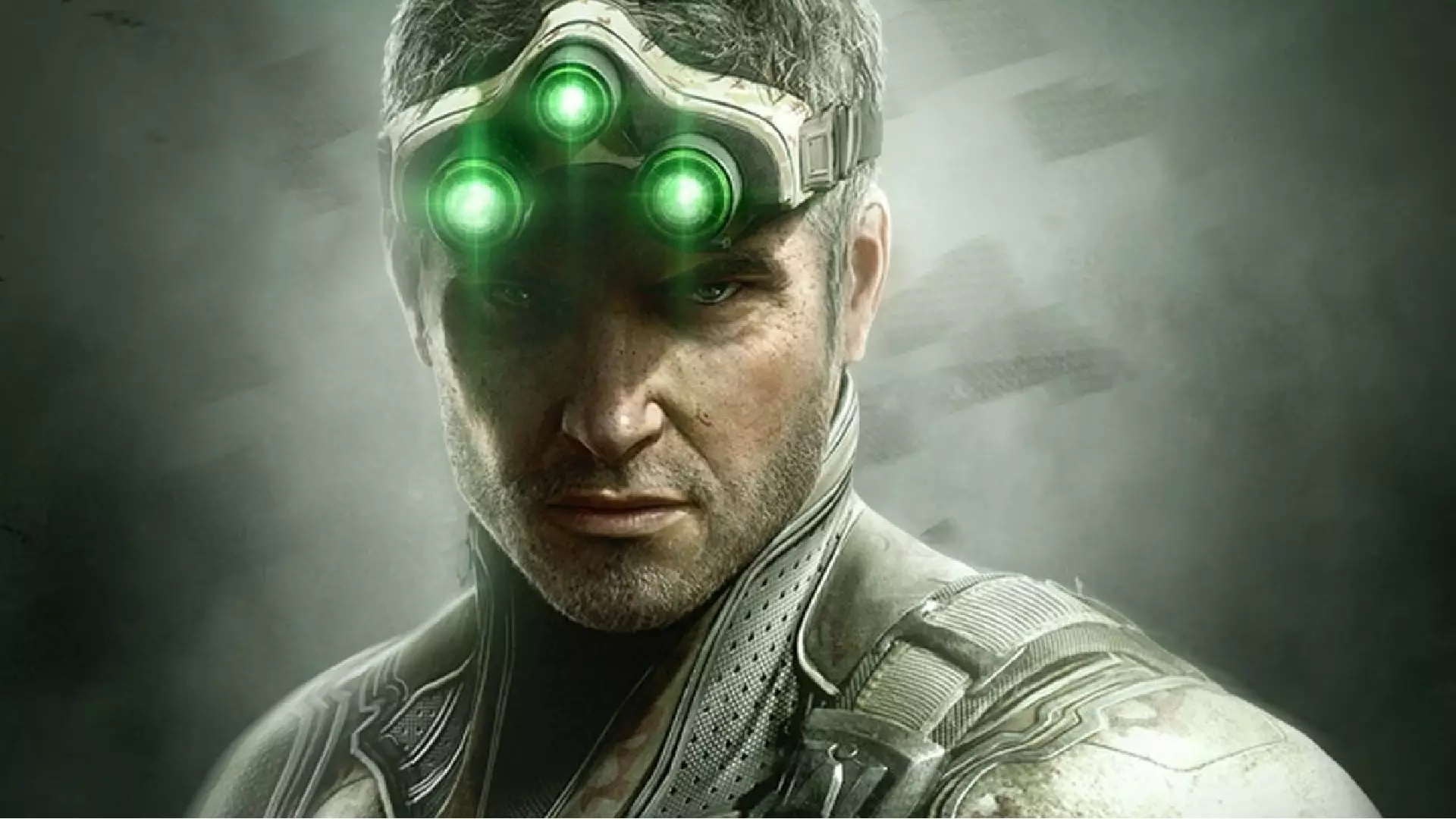Clint Hocking, a seasoned creative director in the gaming industry, opens up about the harrowing demands that once consumed him during the development of Splinter Cell: Chaos Theory. His experience of clocking in 80-hour weeks not only raises eyebrows but also compels an urgent dialogue about the pitfalls of industry crunch. Hocking’s journey serves as a cautionary tale on the dangers of overexertion in creative fields. Working under intense pressure, he juggled multiple roles, including scriptwriter and lead designer, which ultimately led to significant personal consequences. His subsequent admission of “brain damage” and memory loss starkly illustrates a critical issue often buried under the glossy veneer of game development success stories.
Hocking reflects on how passion, when unchecked, can morph into a double-edged sword that blunts both personal health and creative output. His acknowledgment that “enthusiasm” led him down a precarious path suggests a broader concern about the often glamorized notion of sacrifice for one’s art. The real cost of ambition in the creative sectors—especially gaming—can sometimes mean sacrificing essential aspects of life, including mental health and personal relationships.
A New Approach: Sustainable Practices
Fortunately, Hocking’s experiences have instigated a shift in his professional ethos. With the impending release of Assassin’s Creed: Codename Hexe, he emphasizes the importance of surrounding himself with a skilled team, focusing entirely on his role as creative director. This change speaks volumes about the evolving landscape of game development, where the dialogue around crunch culture is slowly maturing. Hocking’s current strategy aims to foster an environment that celebrates well-being and sustainability, rather than glorifying exhaustion for the sake of creativity.
The gaming industry is gradually awakening to the necessity of sustainable work practices, pushing back against the toxic culture that has historically defined it. Hocking’s new leader-centric role denotes a shift away from the antiquated notion that one must do everything to achieve success. Instead, he highlights collaboration and expertise as pillars of a healthier and more innovative development process. This approach ensures that roles are more defined and shared, allowing for diverse input while also protecting the mental health of creators.
The Buzz Surrounding Assassin’s Creed: Codename Hexe
As anticipation builds for Hexe, many fans are keen to see not only what innovations Hocking will bring to the series but also how his newfound methodology will be reflected in the final product. The historical context surrounding Hocking’s past achievements set an intriguing backdrop. Titles like Splinter Cell: Chaos Theory and Far Cry 2 were lauded as artistic triumphs; arguably, these successes were marred by the personal toll their creation exacted on their developers.
The industry’s shift towards healthier work environments signals a breakthrough moment in game development, as seen in Hocking’s candid revelations. This journey of rediscovery and evolution encapsulates the perennial struggle within creative fields: How does one balance the drive for excellence while ensuring mental and emotional well-being? As the release of Hexe draws nearer, it becomes crucial not merely to monitor the game’s potential success, but also to observe how Hocking’s leadership reflects a commitment to reshaping the development culture for a sustainable future.
In a world saturated with graphics and gameplay mechanics, this new focus on creator welfare breaths fresh life into the industry, encouraging others to rethink their strategies moving forward. The winds of change seem to signal that perhaps the new era of gaming comes with its own promise of mutual respect and collaboration among its creators.

